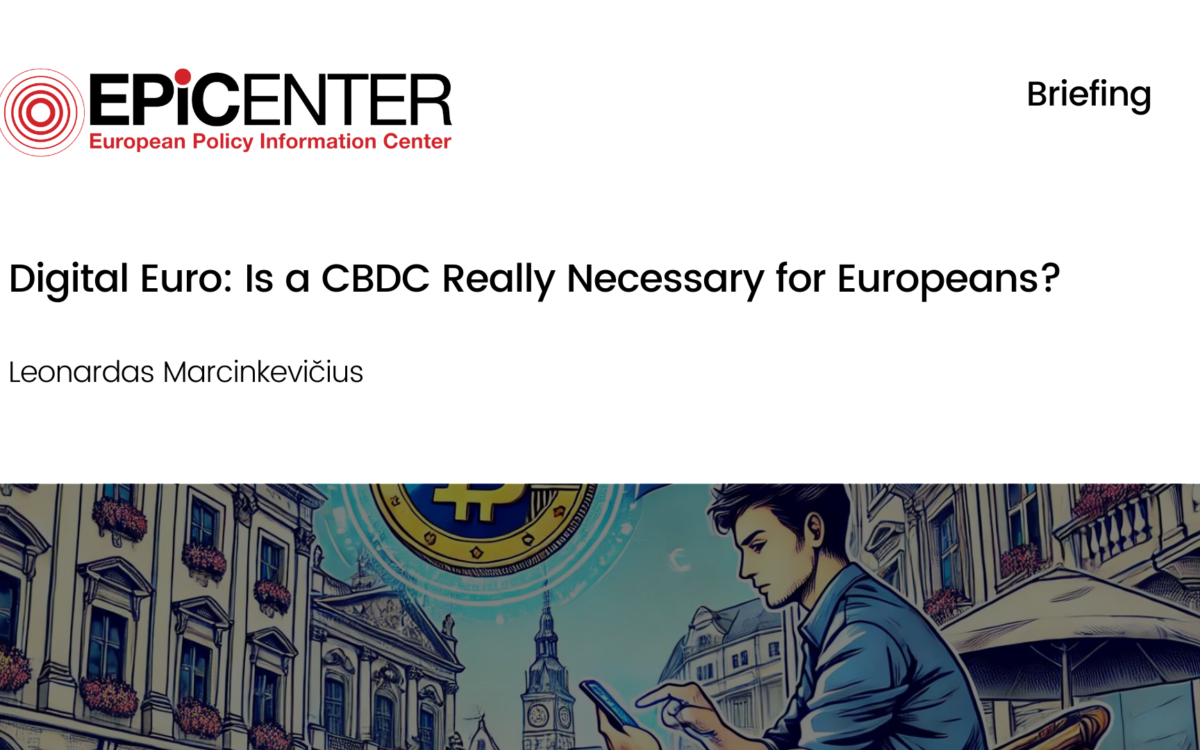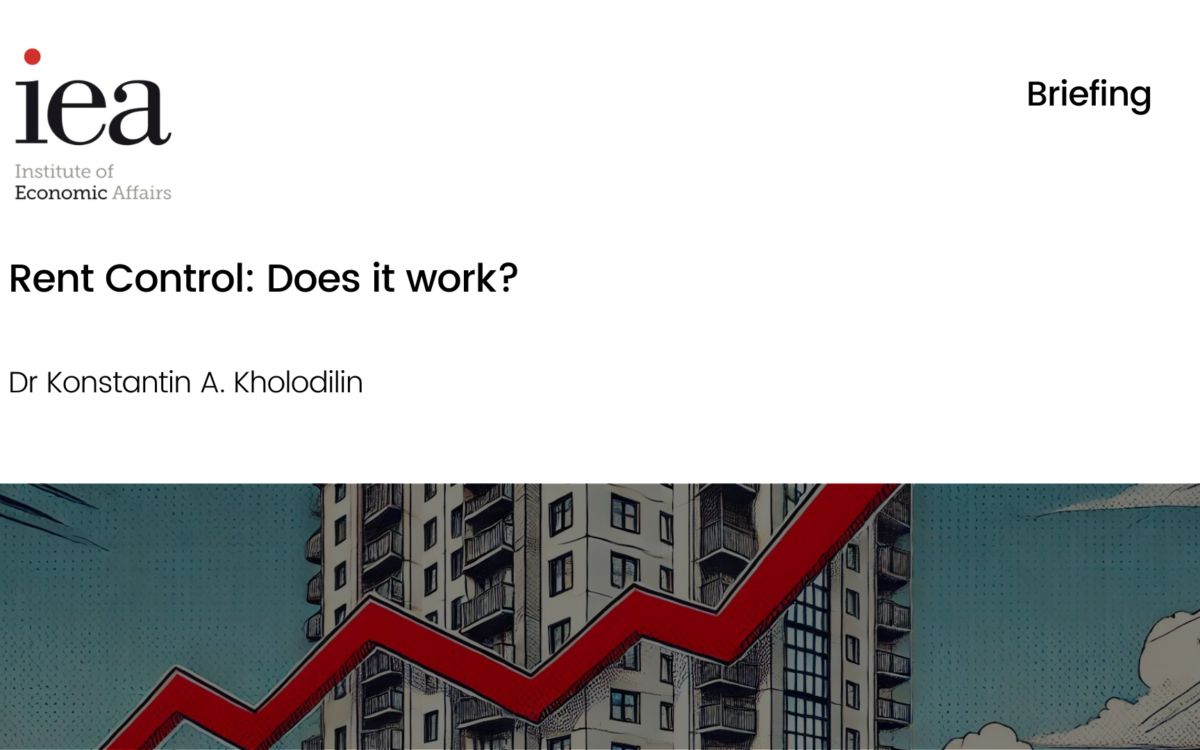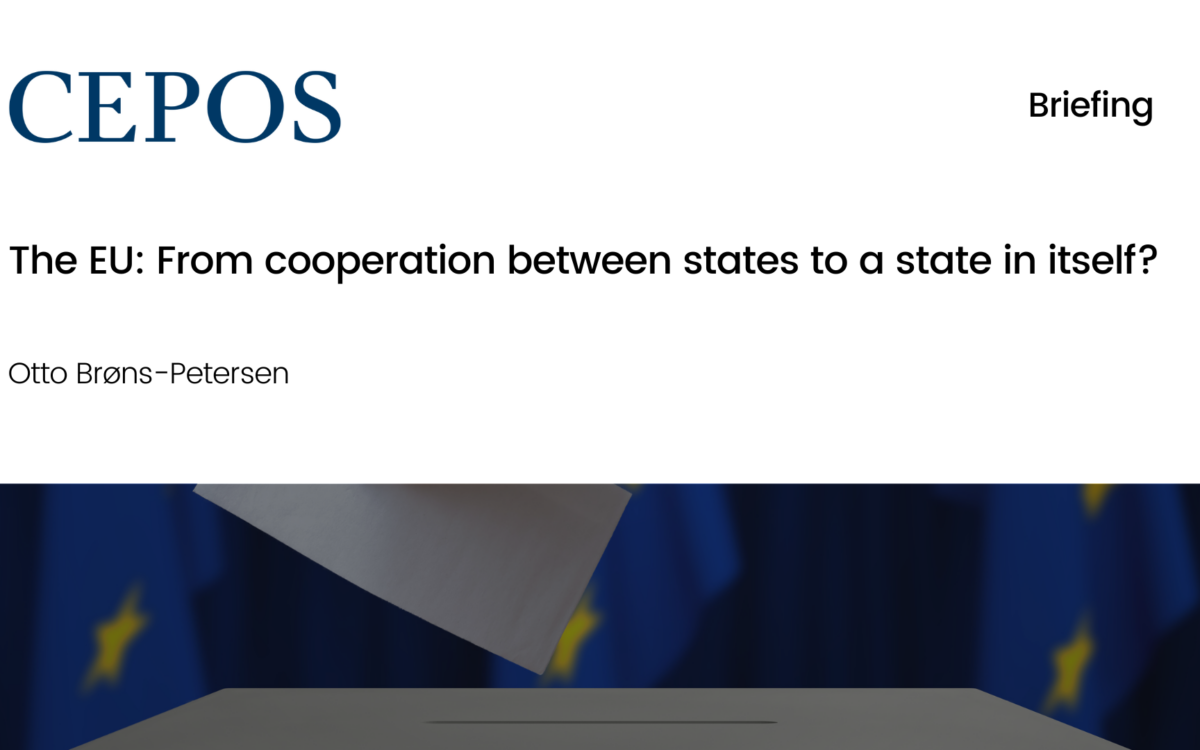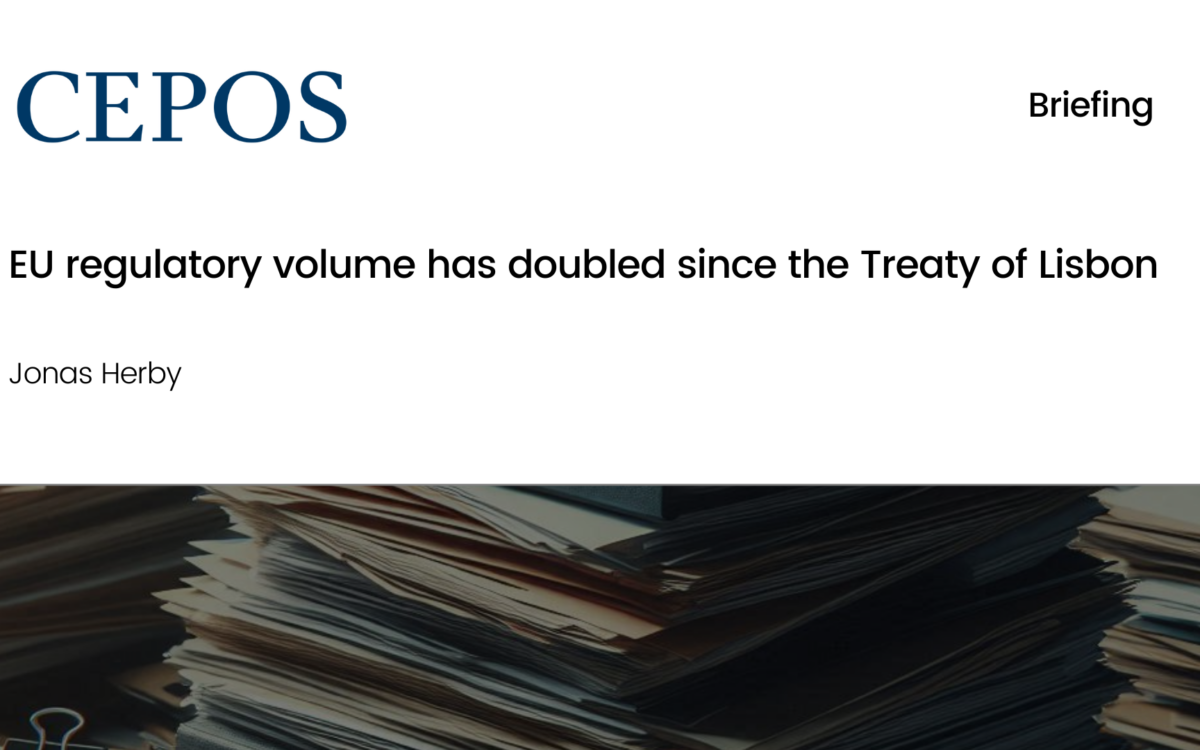A Freer Energy Market Can Power Europe’s Security
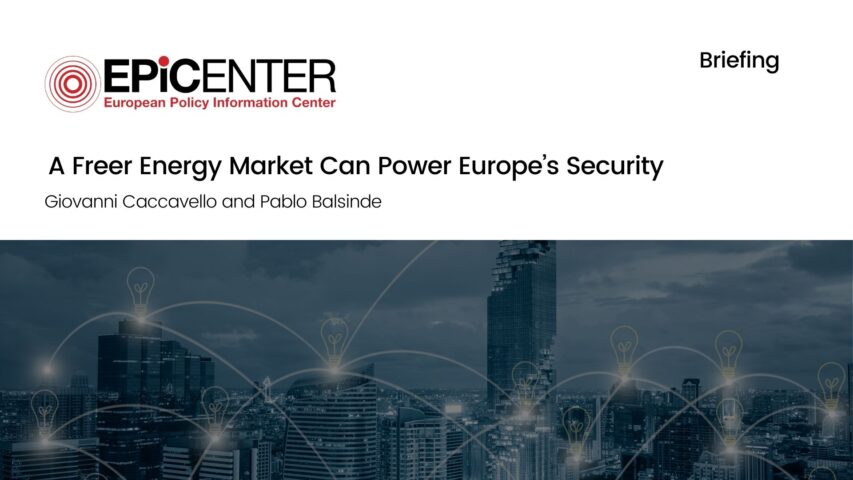
A Freer Energy Market Can Power Europe’s Security
March 2017
Recent EC proposals fail to explain how alternative energy technologies such as fracking, a deeper energy trade relationship with Europe’s biggest trading partner – the United States – and a freer internal energy market can boost the Union’s energy security strategy.
Fracking would bring lower energy prices; it can boost the European economy by creating new investment opportunities, economic growth and jobs; and it would help to diversify Europe’s energy sources.
Recent economic and geo-political trends suggest Europe should increase its energy trading ties with the United States, who, in 2015, lifted their oil export ban.
Furthermore, if the Energy Union strategy launched in 2015 is aimed at energy security, it should encourage efforts to remove any distortion— both physical and regulatory—that prevent the internal energy market from properly working.
Download or share this publication
View the PDF
EPICENTER publications and contributions from our member think tanks are designed to promote the discussion of economic issues and the role of markets in solving economic and social problems. As with all EPICENTER publications, the views expressed here are those of the author and not EPICENTER or its member think tanks (which have no corporate view).
